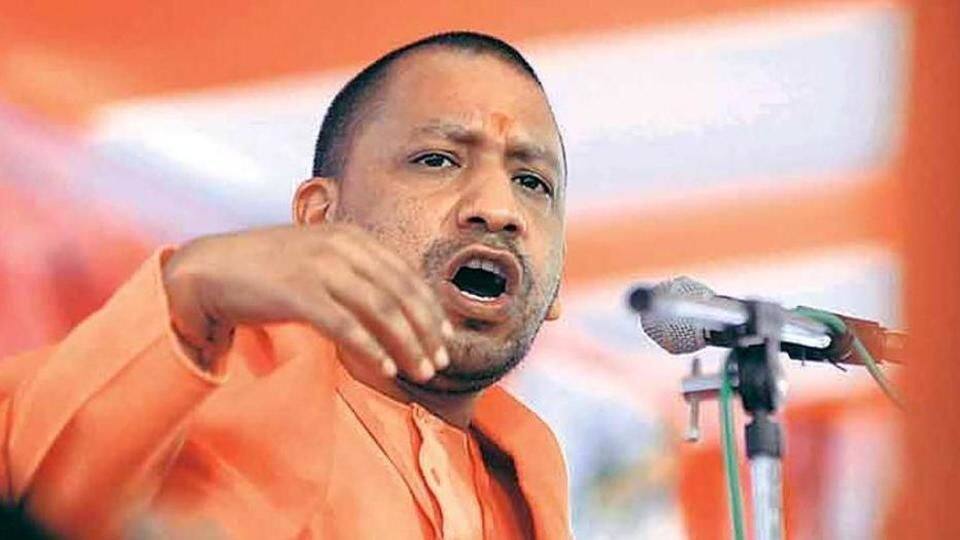
Bootleggers may now get death penalty in UP
What's the story
Bootleggers dealing in illicit liquor might soon face the death penalty or life imprisonment in Uttar Pradesh after the governor cleared a bill for the same. This makes UP the third Indian state to have the death sentence for bootleggers after Delhi and Gujarat, if spurious liquor leads to loss of life. The UP Excise (Amendment) Bill, 2017, also has provisions for hefty fines.
About
'Hooch' and its effects on UP
Indian local brews like mahua, toddy and arrack, made by fermenting and distilling rice, herbs and other grains, are not harmful or illegal by themselves. But when toxins like ethanol or methanol are added to strengthen it and reduce costs, it becomes 'hooch'. In UP, in 2015, 28 people died in Mahilabad; in 2016, 49 died in Azamgarh after consuming hooch.
Bill
What does the UP Excise (Amendment) Bill, 2017, suggest?
The bill suggests the death penalty and fines of Rs. 5-10L if spurious liquor causes deaths. If it causes disability, a person may be imprisoned for 6-10 years and fined Rs. 3-5L. Earlier, the UP Excise Act, 1910, carried minor fines of Rs. 500 and Rs. 2,000 for those involved in selling hooch. It was amended last September.
Others
How are other states dealing with the issue?
Apart from UP, Gujarat had introduced capital punishment under Narendra Modi in 2011. Though it was a dry state since 1960, bootleggers supplied alcohol freely. In 2016, Bihar implemented a total alcohol ban, and in TN, Jayalalithaa promised her voters an alcohol-free state and thus imposed a partial ban. In Kerala, liquor is banned overall except in restaurants where wine and beer are available.
Implication
Will capital punishment for trading illicit liquor have an effect?
According to NCRB, UP recorded 85 illicit liquor deaths in 2014 and 125 in 2015. Before Gujarat introduced capital punishment, government data revealed 107 and 221 illicit alcohol deaths in 2010 and 2011, respectively. After introduction, deaths in 2014 and 2015 have been five and eight respectively. It remains to be seen if capital punishment for trading illegal liquor has this effect in UP.